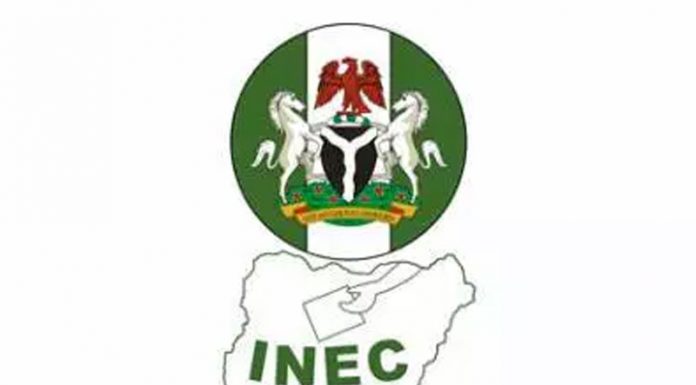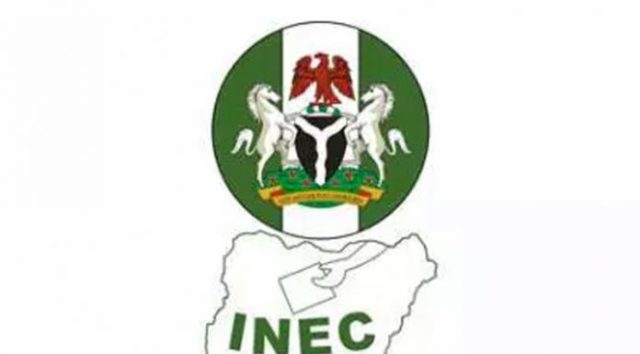
The Independent National Electoral Commission (INEC) has stated that the results of the February 16 presidential election will be transmitted electronically from the polling units.
INEC’s Resident Electoral Commissioner for Cross River State, Mr. Frankland Briyai, who stated this in Calabar Wednesday, said the transmission of the results electronically would minimise controversies, and disagreements concerning the results.
Briyai, who spoke at a press briefing on the modalities packaged by the commission to ensure the success of the presidential and National Assembly elections, said: “Results will be transmitted from the polling units electronically and the result box will also be carried physically by the collation officers.
“When the collation officer comes with the physical result, it will be confirmed with the electronic results in the presence of the party agents and INEC staff.
“It is only when the physical result and the electronic results correspond that it will be approved by the party agents that results will be accepted.”
The REC also said the card readers that would be used for accreditation of voters have been enhanced to minimise failure when they are put to use during the polls.
“Our smart card readers have been enhanced, and upgraded. We have tested them at Osun, Ekiti as well as Anambra Central Senatorial District. In Anambra State, the failure rate was about 0.0 per cent, in Osun State, I did not hear of any smart card failure. In our bye-election in Obudu, there was no smart card failure. The reason is that at each polling unit, we have technicians that fix these smart card readers in case of any challenge,” he said.
Briyai said as an additional measure to ensure that the card readers do not fail, the INEC workers that would be deployed in the polling units will be given adequate training.
According to him, “One of the problems we discovered over time was that the ad hoc staff did not know how to use the smart card readers appropriately and so this time around, we are going to have a series of training for them so that they can be very proficient in the use of the card readers.
“On the use of smart card readers, in case it fails, as long as your name and your passport photo is on the voter register and your name is on the permanent voter card, you will be allowed to vote, they will just thick the column on the incident form and off you go, so failed smart card reader cannot stop our elections at any polling units.”
He said INEC would recruit 15,000 ad hoc staff for the conduct of the elections across the state.
Briyai disclosed that the commission has taken delivery of non-sensitive materials such as ballot boxes and generators from its Zonal Office in Port Harcourt, adding that there will be generating sets in all the ward collation centres across the state.
He said that in order to address the problem of logistics and late commencement of voting, the commission has signed a Memorandum of Understanding (MoU) with the National Union of Road Transport Workers (NURTW), and allied unions to help convey materials, and personnel early enough to their respective locations.
The REC said that preferential treatment will be given to certain categories of people including the elderly, pregnant women and People Living with Disabilities (PLD) at the polling units.
The REC said unlike 2011 and the 2015 elections, prospective voters will vote immediately after they have been accredited, as there will be no separate time for accreditation and voting.
Source: This Day NG








All we expect is a free and fair election.